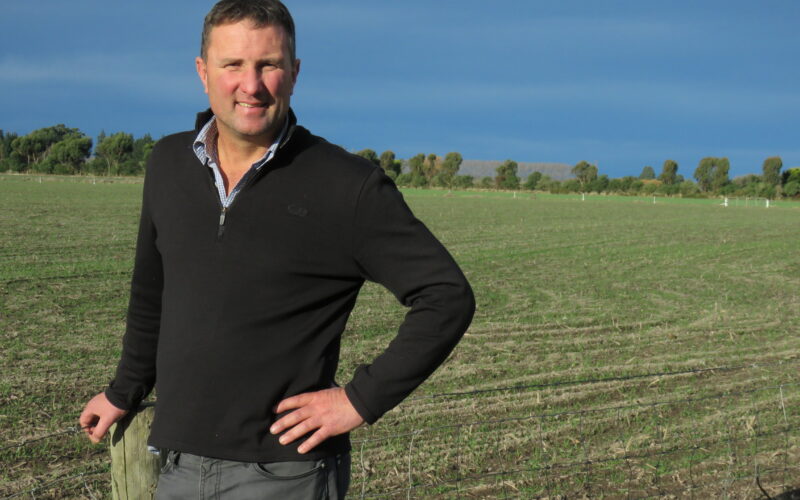Over the past 20 years there has been significant change in the way arable farmers manage their crops and in the rules under which they are required to farm.
Leeston farmer and immediate past chair of the Foundation for Arable Research (FAR) David Birkett believes behind the farm gate, arable farmers are doing a good job.
“Most arable farms are in a good position not to get caught out in a pandemic, severe weather event, global unrest – we are quite diverse, it’s beyond the farm gate that we end up fixing.
“Within the farm gate we have done a respectable job developing resilient farming systems, but beyond the farm gate we have very little influence and up until this past couple of years we have largely been price-takers,” Birkett said.
“Now we have more contracts coming at us than growers and it is the first time arable farmers have been in a position of choice and opportunities and in a way, we don’t know how to react.
“It’s quite strange we have to learn to manage the options in front of us, it’s a psychological change.
“A lot of farmers are very loyal and at the end of the day it is a commercial decision and opportunities should be made in that light.”
Communication will be a big part of the future to know what is happening globally and on-farm globally, because there is no more land to grow on in New Zealand.
“We can grow different crops in different areas; Canterbury is largely full and while there’s potential in Hawke’s Bay and Southland, we need the infrastructure to line up,” he said.
With production getting increasingly more difficult, new options are coming all the time from Northern Hemisphere countries running trials to see what more NZ can grow.
“While we are seeing change it is not as big a change as they are seeing,” he said.
“It’s almost a queue of companies wanting to grow in NZ and we have got to be smart about how we select the best in what we accept in NZ.
“Collectively with the seed merchants we need to be smarter to ensure we are getting the best value from the land we have available.
“At the end of the day farming is about managing risk; a resilient farming system is one that manages risk well.
“On-farm we have got it right, we have had to because of low returns.”
The next challenge is off-farm, and Birkett said it is not necessarily value-add.
“It’s working more collectively right across the industry, including where we go for global contracts,” he said.
Birkett is the third generation on the family land, farming 200 hectares at Leeston, near Christchurch.
The property has always been a cropping farm, but over the past 20 years it has changed from a conventional full cultivation-based system to much lighter cultivation, incorporating crop residues back into the soil whenever possible.
“We have improved soil structure as we aim to have a low-input system, making it a much simpler operation,” he said.
Birkett grows malting barley for the bread beer industry, herbage grasses, clovers, peas, beans, seed and process vegetables.
The vegetable seeds have helped keep arable afloat in recent years, when you get it right it pays well but it does come with associated risk.
NZ’s advantage in what is now a multi-million-dollar industry is that it can reliably grow high quality vegetable seed.
Agriculture has always required farmers and farm businesses to be adept at managing change and in recent years Birkett says that rate of change has increased considerably.
“This is driven by developments in research and technology and by regulatory requirements,” he said.
“Whatever changes we encounter in the future, I believe that arable growers will continue to adapt and innovate, ensuring that we remain an important part of both NZ and global agriculture.”
Read more articles in the Food Security special report series here.






